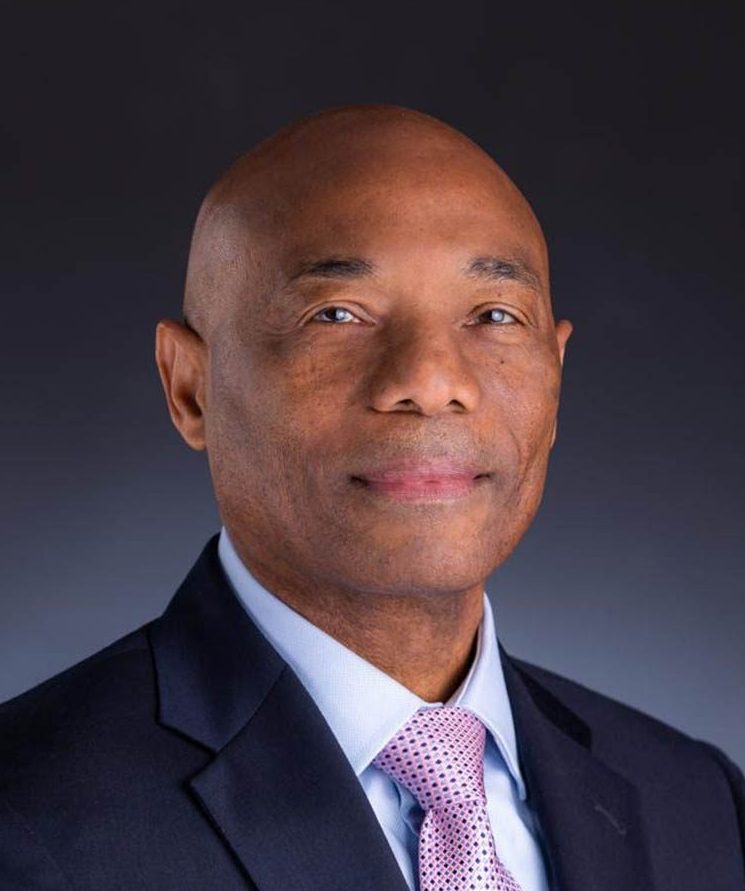The Caribbean Development Bank (CDB) on Wednesday called on its strategic partners to work together to execute bold and urgent actions to transform the Region’s energy landscape and lay the ground for faster progress towards attaining green energy and the UN’s Sustainable Development Goals.
A CDB press release stated that with the cost of electricity in the Caribbean up to four times more than the average price in many developed countries, the need for a targeted and structured approach to embed energy independence, diversify energy mix and increase resilience in electricity systems in the Region was highlighted by CDB’s President, Dr. Hyginus “Gene” Leon while delivering the keynote address at the 14th Caribbean Renewable Energy Forum on April 27, 2022.
The release also said that Dr. Leon proposed the Accelerated Sustainable Energy and Resilience Transformation 2030 Framework or ASERT-2030, as a key initiative to advance energy transition in the Caribbean Region. The release quoted Dr. Leon as saying, “The Bank has identified an initial suite of ASERT Initiatives (ASERTives) that will enable the region to achieve the targets. One of our ASERTives is Climate Resilient Sustainable Energy Roofs. Our bold proposition is for the retrofitting and deployment of standards for new construction to build climate resilient sustainable roofs in 75 percent of homes in the Region by 2035. These roof installations will be designed to withstand extreme weather events, while embedding solar, wind, water and other energy generation and storage technologies”.
Dr. Leon noted, according to the press release, that the Region’s pursuit of a sustainable energy agenda by efficiently utilising its abundant renewable sources of solar, wind, geothermal, and hydropower, will allow it to diversify its energy base, while using less energy to perform daily responsibilities in the production of goods and services.
“Making this radical shift in our energy profile to reflect a substantial uptake of renewable energy is not only necessary to adapt to climate change, but critical for improving fiscal management, and long term economic and social stability. Recent data compiled by the Bank show that our 19 Borrowing Member Countries (BMCs) import more than 80 percent of their energy supplies, at a cost of about USD7 billion per annum, which represents around 7 percent of their overall pre-COVID GDP. This highlights the vulnerability of the Region’s economies to oil market shocks and the urgent need to accelerate the shift to sustainable energy options, namely energy efficiency and renewable energy,” the release said.
Critics have argued that the Guyana Government is dedicating most of its attention to utilizing carbon fuels for local energy needs here rather than stepping up solar power use among other options.




